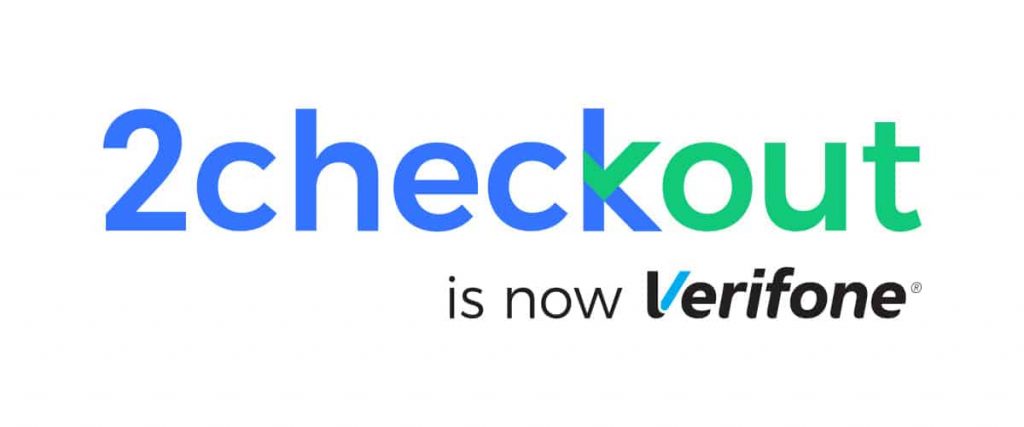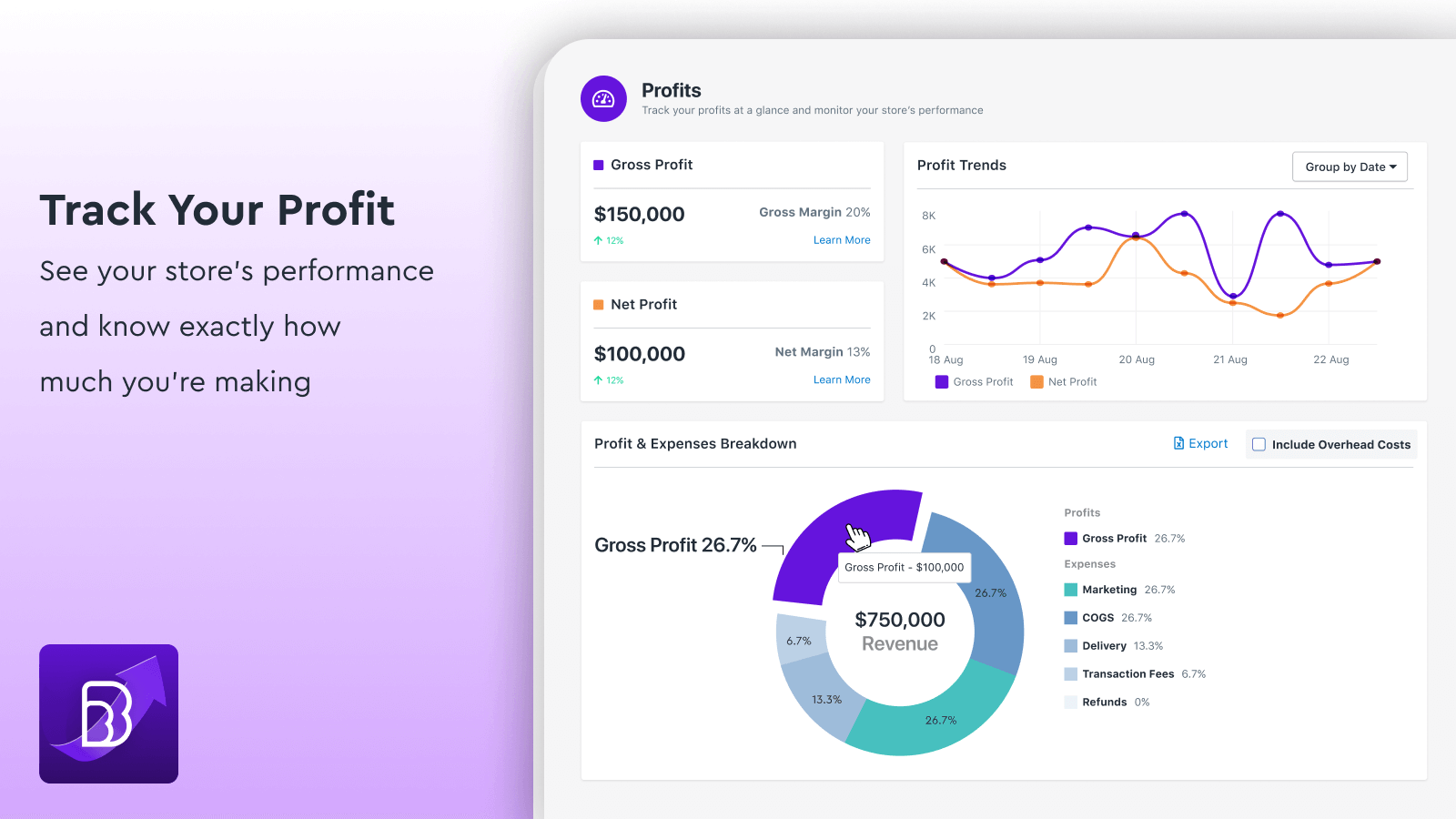
The Best Payment Gateway for Ecommerce in 2021
Do you want your online store to make a profit? If not, you can stop reading now.
If yes, then you’ll obviously need a way to accept money! That’s where payment gateways come in. Without one, your store can’t take payments from customers and, for all intents and purposes, can’t really operate at all.
Let us put it plain and simple: you need a payment gateway for your ecommerce store.
The question is, which one is right for your business? That’s what we’re here to explain today. Join us as we take a look at the top 7 payment gateways for your e-commerce shop – let’s go!
What is a payment gateway?
A payment gateway is a form of technology that makes it possible for merchants to accept debit or credit card payments from customers.
Traditionally, payment gateways have been associated most closely with e-commerce businesses. But as the lines between online stores and their brick and mortar counterparts have blurred over recent years, payment gateway technology has been adopted more and more frequently by physical storefronts.
Still, ecommerce payment gateways are the most common answer when someone asks the question “what is a payment gateway”. And that’s not just a reflex answer – it’s based on real stats. Out of all ecommerce transactions around the world, more than 75% are made through a form of digital payment (i.e. digital/mobile wallet, credit card, or debit card).
There’s no doubt that having the right e-commerce payment gateway is crucial to the success of your business. But which payment gateway is best for your online store?
Side note: Before selecting an ecommerce payment gateway, it’s important to learn the difference between payment gateway vs payment processor and, more generally, what the different merchant service providers are that you can pick from.
How to choose a payment gateway for your ecommerce store?
Choosing a payment gateway for your ecommerce store can be a bit more complicated than you might think. If you’re following the profit motive, then you’ll probably be looking for the cheapest payment gateway for ecommerce. On the other hand, if you run an international ecommerce business, you may be willing to pay for a higher quality payment gateway provider.
Here are the top questions to ask yourself when choosing a payment gateway for your online business:
- How much does the payment gateway cost?
- Does the payment gateway operate in your country?
- Which features are included?
- Will it work properly on mobile devices?
- What sort of security measures are there?
- Which types of payments are accepted? Which credit cards?
- Is it easy to set up? Or will you need professional help?
As you can see, the list of things to consider before deciding on a payment gateway isn’t a short one. There are a lot of expenses associated with installing an ecommerce payment gateway and it can become a chore to keep track of all of them. Not to mention the ongoing costs associated with the continued use of your payment gateway.
Luckily, if you’re using one of the many third party payment gateways on Shopify, you can use the best Shopify calculator app to keep accurate track of all your shop’s costs and profits.
BeProfit – Profit Tracker is the most precise profit calculator and expense tracking app for Shopify. It turns all of your store’s data into easy-to-understand charts & graphs to give you a clear picture of your business performance over time. Save yourself a ton of time and stop using spreadsheets to track your online business’s finances. Start using BeProfit!
Now that you’ve got a set of questions to help you determine the best payment gateway for Shopify, or WooCommerce payment gateways, or for any platform really! Let’s have a look over some of the top ecommerce payment gateways available at your disposal.
7 of the best payment gateways for ecommerce
The question isn’t how to get payment gateway for ecommerce website, but which payment gateway is best for your online store? Get a look at the 7 best payment gateway options for e-commerce right here.
1. Stripe
2. Braintree
3. PayPal
4. Skrill
5. 2Checkout (now Verifone)
6. WePay
7. Authorize.net

1. Stripe
Stripe is one of the most popular ecommerce payment gateway providers around. Founded in 2010, it now commands between 10-20% of the market (second only to PayPal). Not sure how to add a payment gateway to Shopify? No worries! Stripe makes integration with Shopify a breeze. Plus, Stripe operates in 40+ countries and accepts 135+ currencies, letting your customers pay in their own currency and you receive payments in yours.
Pros of Stripe:
- Advanced development resources
- Easy to integrate
Cons of Stripe:
- Proper tax collection can be tricky
- Recurring payments with subscription only

2. Braintree
Braintree is an all-in-one payment gateway that combines flexibility, security, and customizability. It was acquired by PayPal back in 2013 when the online payments giant recognized the potential that their competitor had. Braintree accepts international payments in more than 130 currencies in over 45 different countries and regions around the world.
Pros of Braintree:
- Supports a wide range of payment options
- Flat-rate pricing with no surprises
Cons of Braintree:
- Can take a while to set up
- Restrictions on ‘high-risk’ industries

3. Paypal
PayPal is generally regarded as the ‘godfather’ of all payment gateways, and for good cause. It’s been around since 1998 when it was established as Confinity, eventually became PayPal in 2001), was acquired by eBay in 2002, then spun-off from eBay in 2015, and still remains a dominating figurehead in the industry with more than 375 million actively registered accounts in more than 200 countries.
Pros of PayPal:
- One of the most trusted and recognized names
- Works well for online businesses of all sizes
Cons of PayPal:
- Many customer support complaints
- Accounts can be frozen without sufficient explanation

4. Skrill
Skrill is a particularly useful payment gateway for ecommerce businesses that work in ‘riskier’ industries (we’ll let you use your imagination). While it’s not as big as some of its competitors, Skrill is able to retain its foothold because of that flexibility. The company currently offers services in 130+ countries and supports 40+ currencies.
Pros of Skrill:
- Multi-currency payment processing
- Access your account via the mobile app
Cons of Skrill:
- Problem cases can result in lengthy fund withholding
- Not such competitive fees

5. 2Checkout (now Verifone)
2Checkout (acquired by Verifone in 2020) is a great payment gateway option for smaller online businesses that sell internationally and that don’t want to sacrifice functionality. 2Checkout/Verifone covers 200+ countries and accepts 45+ payment methods, making it one of the most extensive payment gateways on the market.
Pros of 2Checkout:
- Integrates with 100+ invoice softwares & online shopping carts
- Offers a wide range of customizable payment features
Cons of 2Checkout:
- No free trial
- Higher than average rates

6. WePay
WePay is somewhat of an enigma in the online payment gateway marketplace, though it still proves itself useful for enough small ecommerce business owners that we included it on this list. The confusion is rooted in the fact that WePay doesn’t make their pricing plan(s) clear – at all. If you’re interested, you’ll need to get in touch with them directly for a quote.
With that said, Wepay offers lots of great perks. For example, there are no cancellation fees. Yes, that’s right. Unlike most other payment gateways, you won’t be penalized for deciding to discontinue using WePay’s services.
Pros of WePay:
- Design a branded & customized checkout
- Advanced risk management tools
Cons of WePay:
- No pricing figures provided upfront, must reach out directly
- Services available only in USA, UK, and Canada, but depends on the ecommerce platform you use (see here; again, confusing)

7. Authorize.net
While its name might not have the same ring about it as PayPal does, Authorize.net is also a veteran of online payments. Established in 1996, Authorize.net has more than 25 years of consistent industry leading experience which speaks for itself. There are some limitations though – see below.
Pros of Authorize.net:
- Offers a variety of impressive features including recurring payments and invoicing
- High-level fraud protection
Cons of Authorize.net:
- Only available for businesses in the USA, Canada, UK, Europe, and Australia
- Not the best fit for smaller businesses, more suited for medium-to-large companies
The gateway to profits
On your journey through the world of e-commerce, one of the first milestones will be deciding on a payment gateway provider. Be sure to do your research into each one before making a quick choice. While they might seem quite similar initially, it’s worth taking a closer look to see which of them gives you the features best suited for your online business.
Use the info and tips in this guide to help navigate you toward making the right decision for your e-commerce store. Feel free to bookmark it for future reference and share it with other online shop owners!



 Please wait...
Please wait...




